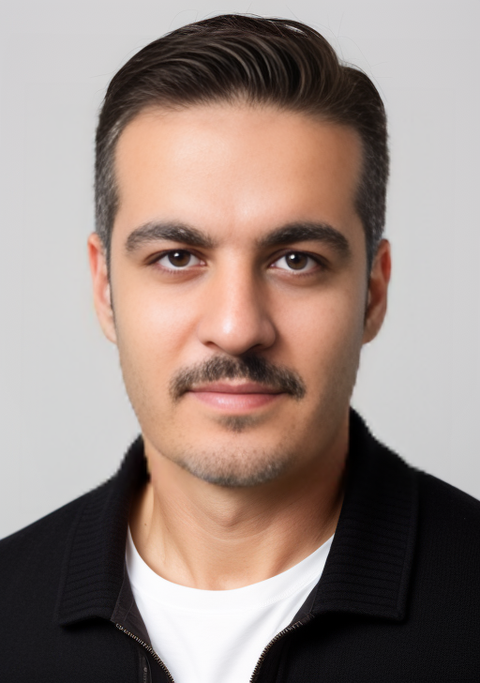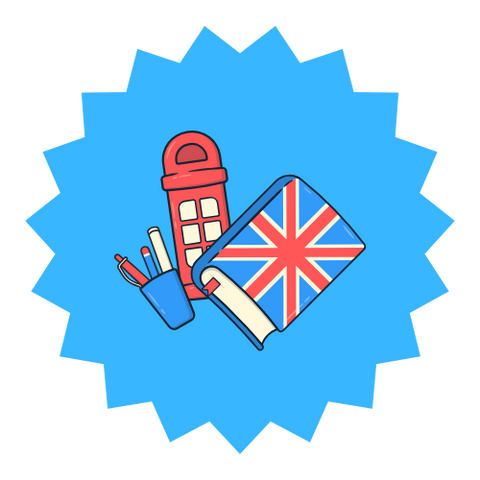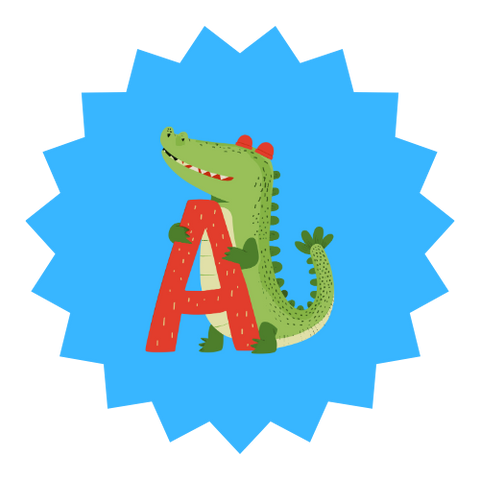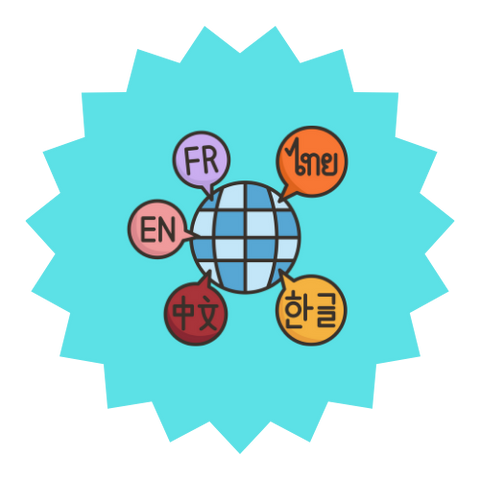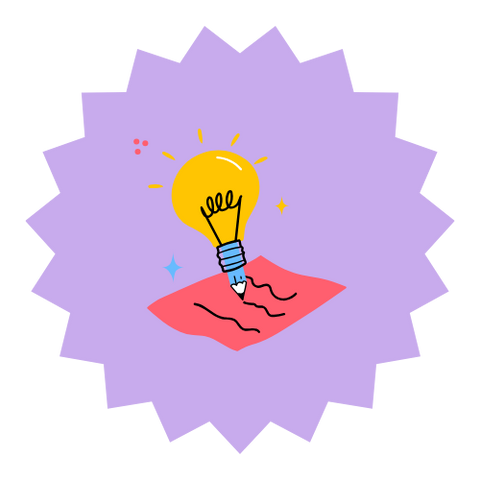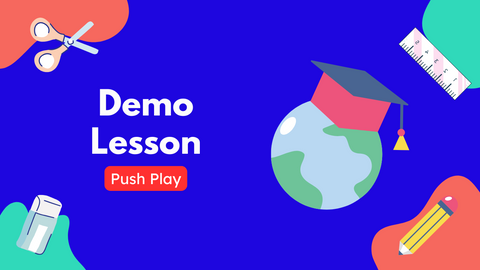John
John holds a BA and TEFL/TESOL certifications and specializes in English language arts, public speaking, reading, world languages, and writing. He uses a diagnostic, student-led approach to design differentiated lessons that build critical thinking, problem-solving, and communication skills through scaffolded steps, hands-on projects, multisensory and gamified practice, and assistive technology such as speech-to-text. He challenges gifted learners with enrichment and provides targeted supports for students with learning differences. Notable outcomes include guiding a twice-exceptional student with dyslexia to produce a strengths-focused video tour project, mentoring a math-competition student to a top prize, and mentoring many peers and younger learners. He earned Dean’s List recognition and presented research at a university symposium. When not teaching, he’s an amateur baker who experiments with sourdough and pastries and loves sharing a fresh loaf.
Monday 1am-4pm Eastern Standard Time
Tuesday 1am-4pm Eastern Standard Time
Wednesday 1am-4pm Eastern Standard Time
Thursday 1am-4pm Eastern Standard Time
Friday 1am-4pm Eastern Standard Time
Saturday 1am-4pm Eastern Standard Time
Sunday: 1am-4pm Eastern Standard Time
My approach to teaching is centered on student-led learning and differentiated instruction. I believe in creating a dynamic and inclusive classroom environment where every student feels empowered to take ownership of their education. My goal is to equip students with the critical thinking, problem-solving, and communication skills they need to succeed in a rapidly changing world.
BA, TEFL, TESOL
In the past, I've had experience tutoring in various subjects. I've helped friends and family with their studies, including explaining complex math concepts, reviewing history essays, and preparing for science exams. I find that simplifying difficult topics and using real-world examples helps make learning more accessible and engaging. This experience has taught me the importance of patience and adapting my teaching style to fit each individual's unique needs.
Subject Expertise
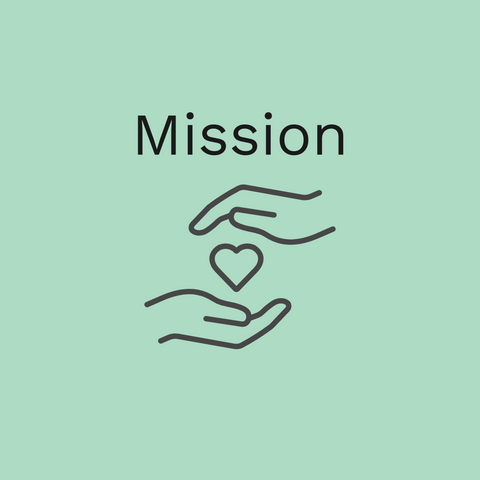
My mission
My mission as a tutor is to empower students to become confident, independent learners. I am inspired by the "aha!" moments—the instant a difficult concept clicks into place and a student's face lights up with understanding. I believe that every person has a unique way of learning, and my goal is to help each student discover their own strengths and use them to overcome challenges. I'm passionate about building not just academic skills, but also a love for learning that will serve students long after our time together is over.
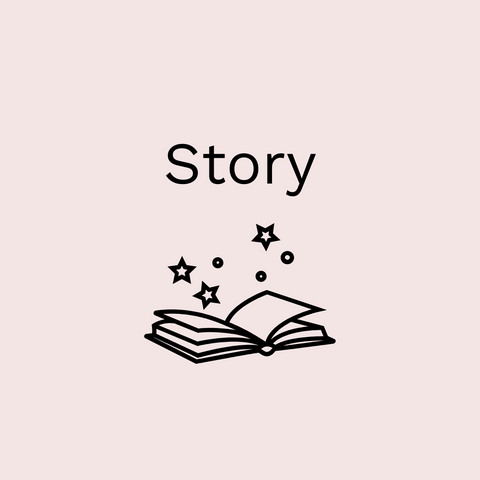
My Story
Cognitive Diversity
How I adapt to students with diverse intellectual needs.My approach to personalizing lessons for different kinds of minds is based on a philosophy of differentiated instruction and a deep commitment to meeting each student where they are. I start by getting to know the student as a whole person, not just a learner. This includes understanding their unique interests, strengths, challenges, and learning style—whether they are a visual, auditory, or kinesthetic learner.
For some students, this means using hands-on activities and real-world projects to make abstract concepts tangible. For others, it might involve incorporating technology, such as speech-to-text programs, to bypass a writing challenge and allow them to express their knowledge more freely. I also value student agency, giving students a voice and choice in how they learn. This might involve letting them choose a topic for a project or decide on the format of a final presentation, which can be particularly empowering for students with learning differences.
Experience with Learning Differences
I have experience working with students who have a variety of learning differences, including gifted children and those with what is known as twice-exceptionality (2e), meaning they are both gifted and have a learning disability. I've found that gifted children often need lessons that are more challenging and provide opportunities for intellectual growth, while students with learning differences require a supportive environment that builds on their strengths while addressing their weaknesses.
For example, I tutored a gifted student who also had dyslexia. He was incredibly creative and a brilliant problem-solver but struggled with writing and spelling. Instead of focusing solely on remediation, we also spent time on projects that tapped into his strengths, like building a detailed model of a historical landmark and then creating a video tour with a script he dictated. This approach not only helped build his confidence but also showed him that his creativity was just as important as his reading and writing skills.
My experience with my own learning differences has also shaped my perspective. I have navigated my own challenges with attention, which has given me firsthand insight into the importance of a patient and understanding teaching style. I've learned that breaking down information into smaller chunks, using frequent check-ins, and celebrating small victories can make a significant difference. This personal experience has taught me that the key to effective tutoring is not just to teach the subject, but to help the student believe in their own ability to learn.
I have extensive experience with 2e children. I believe in a strengths-based approach, using a student’s gifts as a foundation to build skills in their challenge areas. I tutored a gifted student with dysgraphia by using dictation software so he could focus on his storytelling and not the physical act of writing. My goal is to help these students build confidence and find their voice.
y experience with ADHD is built on a foundation of structured flexibility and active engagement. I use a variety of strategies, especially in an online setting, to keep students focused. I break lessons into smaller chunks with frequent movement breaks and use interactive tools like online whiteboards and games. I also work with the student to give them a sense of control and use clear, concise communication. I also identify with these challenges myself, which gives me a unique understanding and empathy for my students.

